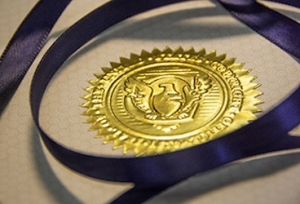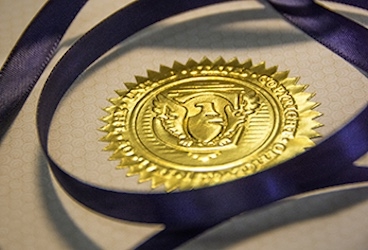In 2020, Congress passed a law called the “Copyright Alternative in Small-Claims Enforcement Act of 2020, known as the “CASE Act.” The CASE Act creates a Copyright Claims Board (CCB) that operates through the U.S. Copyright Office instead of the federal judicial branch, to decide “small claims” copyright infringement actions via a quicker, less expensive process than is required in federal court.
The CCB was established to provide creators and small businesses with an alternate forum to challenge copyright infringement, a process that is sometimes cost-prohibitive for authors, artists, photographers, musicians, and other content producers working in creative industries.
The US Copyright Office allows for libraries and archives to opt out of all CCB proceedings in advance, before anyone files a claim against them or their employees who are acting in the scope of their employment. The Copyright Office maintains a public list of the libraries and archives that have opted out of all proceedings. University Libraries at Appalachian State University is one of many libraries on this list.
Opponents of the CCB suggest that the creation of a “small claims court” may incentivize copyright trolls to target, threaten, and extort settlement money from unsuspecting individuals who repost or reuse copyrighted content without the permission of the rightsholder. However, the Copyright Office created rules to deter trolling behavior, such as limiting the number of claims that can be filed in any given year.
According to scholars who have conducted empirical research on the CCB’s operations, the CCB received 487 claims in its first year (2022 – 2023). Out of this number, only 43 claims survived the CCB’s process to make it to the “active phase” – the portion of the proceedings that start from the end of the opt-out period and continue until a final determination is issued. On the other hand, 302 claims were closed or dismissed for various reasons, such as lack of a compliant claim, lack of valid service, or the respondent opted out of the CCB’s proceedings. In its first year, the CCB also issued only one “final determination” – a ruling as to who actually wins the case and the reasons for the CCB’s findings.
According to this data, scholars argue that the CCB system is slow and inefficient for most claimants. It is too early to conclude whether or not the process for filing a claim will become easier over time as claimants become more familiar with the rules and procedures or whether claimants decide to abandon CCB infringement claims altogether due to the complexities related to dealing with the CCB. Furthermore, the CCB’s impact on libraries, archives, and other cultural heritage institutions remains to be seen.
More information:
- Compilation of the cases and types of infringement from the first year of the CCB’s operations
- More information on the CASE Act for employees at Appalachian State University
from Agnes Gambill, Head of Scholarly Communications

